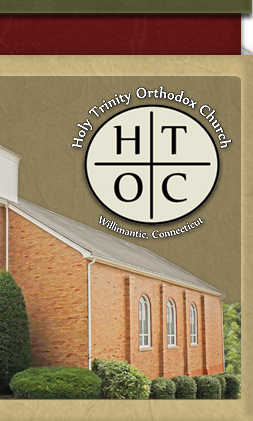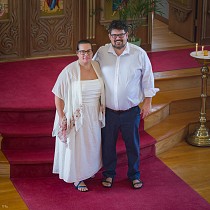With so much attention focused on prayer of the Publican - "God be merciful to me a sinner" (Luke 18:13) - it would be wise for us to compare it the prayer of the Pharisee: "I thank you, O Lord, that I am not like other men - extortioners, unjust, adulterers, or even this tax collector" (Luke 18:11).
The prayer of the Pharisee, a group who was considered keepers of the law and seen as righteous men, actually starts out rather well. "I thank you, O Lord ..."
Nothing wrong with that beginning. It's fine, and actually provides a good model for us. The fact that the Pharisee tithed, prayer, and fasted would indicate he did nothing wrong, in and of itself. It was the idea of self-promotion which not necessary.
It's what came after that which got the Pharisee in trouble.
By continuing, the Pharisee not only criticizes the Publican, the one who worked with the Roman authorities to collect taxes, but obviously exalts himself. The parable has as its central theme that man should imitate the humility of the tax collector (Publican), and not the pride of the Pharisee.
For the Pharisee, keeping the law was much simpler to fulfill; yet the actions which redeem us - virtues such as mercy, compassion, and humility - created a certain tension in his life. Those he could not fulfill.
The Publican, on the other hand, opens the doors of repentance - a constant Lenten theme - for each of us with his prayer. The entire parable, even in its brief four-verse format, is not the story of two men. It is instead, our story as well.
The Parable of the Publican and Pharisee is Christ's call to uproot the phariseeism that lives in each of us. Our entire culture for that matter, is fully immersed in phariseeism.
The way to escape is through the prayer provided by the Publican: "God be merciful to me, a sinner."
- Fr Marc















